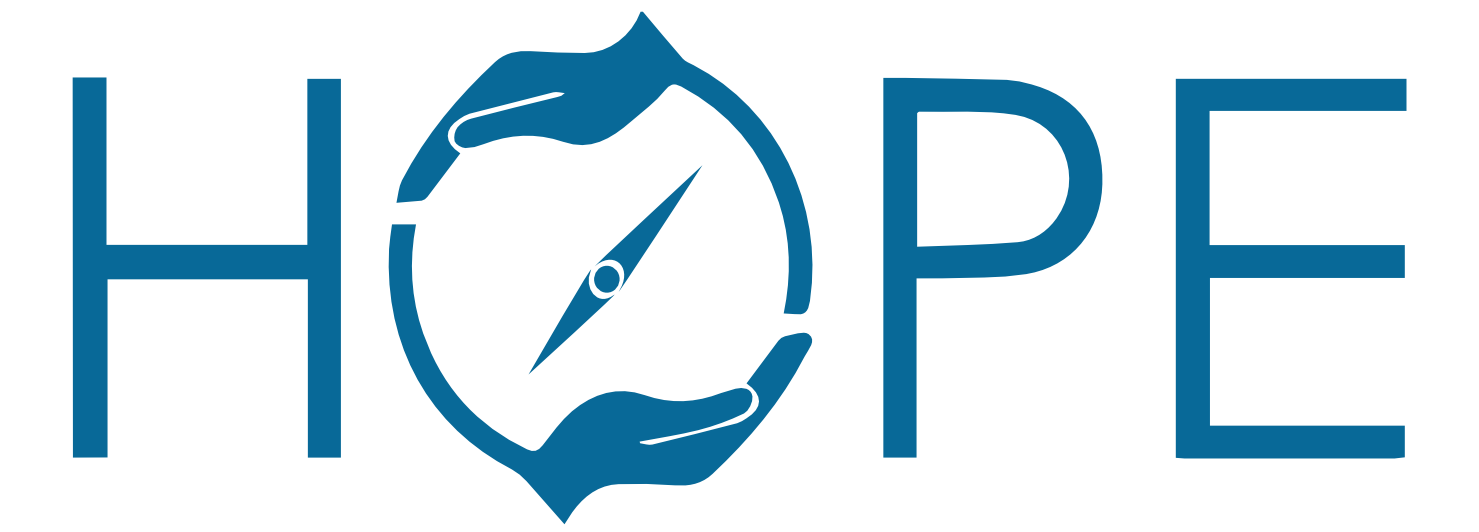According to a Beaumont Enterprise article, approximately 85% of child protective services (CPS) cases in some U.S. jurisdictions involve substance abuse issues. This clearly highlights the critical need for effective family intervention strategies.
When faced with challenges such as addiction within a family, many individuals wonder what interventions can be most effective. Interventions play a crucial role in breaking the cycle of addiction and promoting recovery.
It is essential to adopt intervention strategies that not only facilitate positive change but also show compassion and support. Read on to discover three impactful strategies that can lead to effective change and help individuals reclaim their lives.
1. Recovery Coaching
Recovery coaching is one of the most powerful behavioral intervention methods that focuses on guiding individuals through their journey to sobriety. A recovery coach serves as a supportive partner who understands the challenges of addiction.
They can help clients set goals, establish a structured plan, and provide accountability throughout the process. Recovery coaches also play a pivotal role in:
- Building motivation for positive change
- Offering emotional support and understanding
- Connecting clients to community resources
- Encouraging self-sufficiency and independence
Incorporating recovery coaching into your intervention plan can significantly improve outcomes by providing personalized support that addresses individual challenges.
2. Family Addiction Support
Engaging family members in the recovery process can contribute to one of the most successful intervention techniques. Family addiction support focuses on fostering a supportive environment where the affected person feels embraced and understood. This approach not only aids in the recovery of the individual struggling with addiction but also strengthens family bonds.
Key components of family addiction support include:
- Family counseling sessions
- Educational workshops on addiction
- Support groups for family members
- Open communication practices
By involving family members, you create a solid foundation for the individual’s recovery, encouraging them to stay committed to their healing journey.
3. Training and Public Speaking Initiatives
Hosting training and public speaking initiatives can increase awareness and understanding of addiction within the community. By sharing personal stories and insights, individuals can inspire others while also educating them about the realities of addiction.
Public speaking not only raises awareness but fosters a greater understanding of addiction’s complexities, leading to improved community support systems.
Initiatives can include:
- Workshops on coping strategies for families
- Community events featuring guest speakers who have overcome addiction
- Engaging local leaders to advocate for addiction resources
- Creating platforms for sharing personal recovery stories
These change management strategies can spark conversations that break the stigma surrounding addiction and promote a culture of understanding and acceptance.
Exploring Intervention Strategies
The journey toward recovery can be challenging, but with the right intervention strategies, individuals and families can achieve remarkable transformations. By embracing recovery coaching, family addiction support, and community training initiatives, you can be in an environment that encourages genuine healing and growth.
Are you seeking a compassionate partner to guide your family through the challenges of addiction? At HOPE Guides, we specialize in personalized recovery coaching, family addiction support, and intervention services, empowering families to reclaim their lives. Contact us today to embark on a transformative journey toward healing and lasting recovery.



